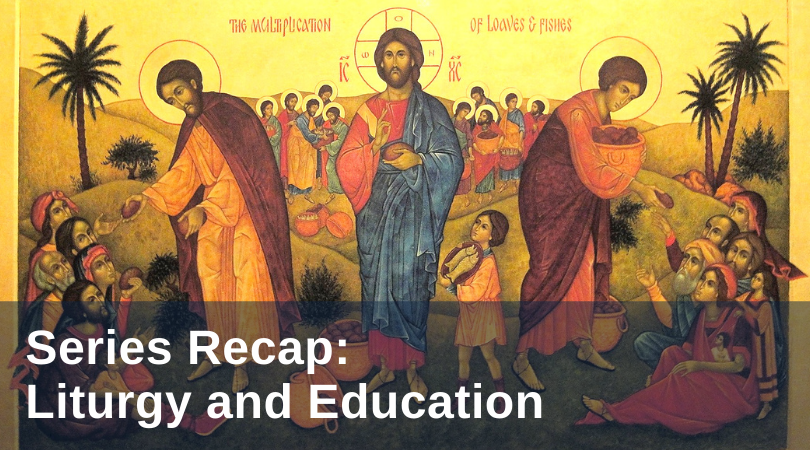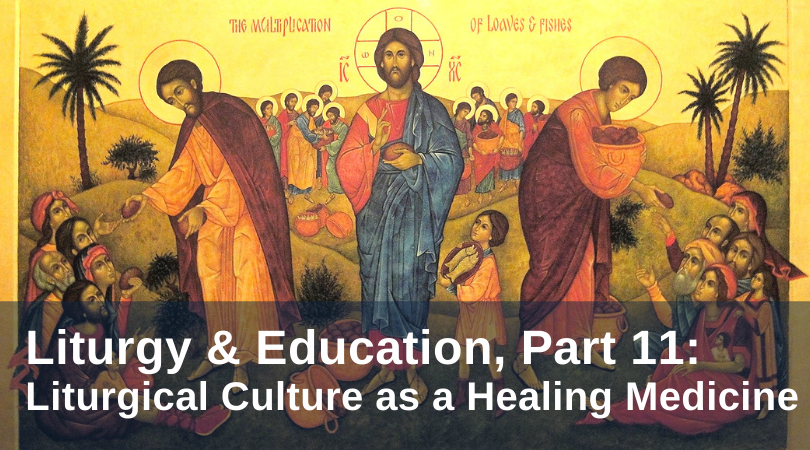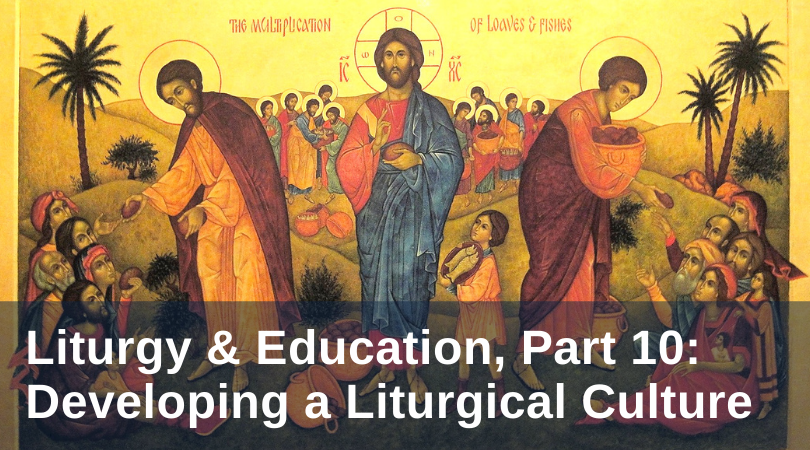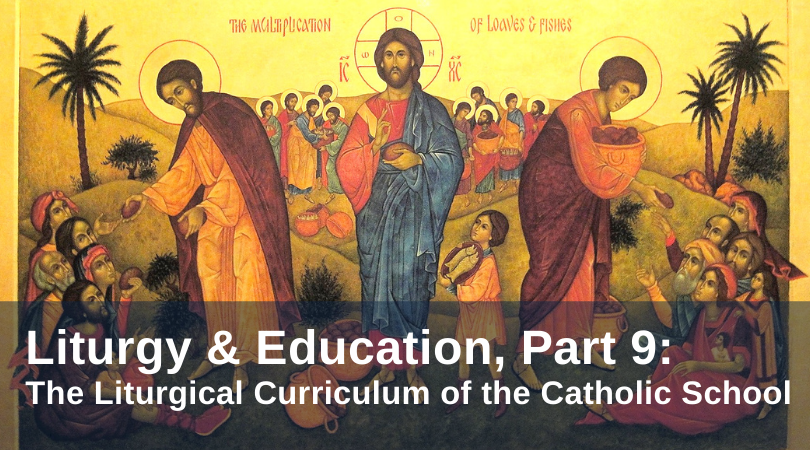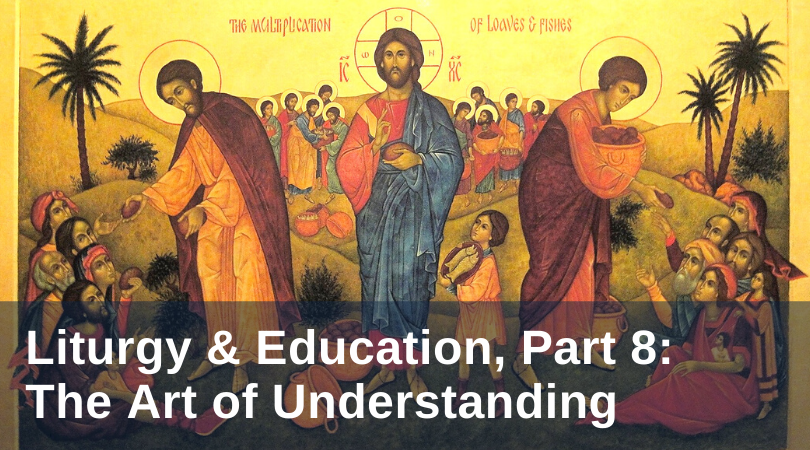The Notre Dame Center for Liturgy in the McGrath Institute for Church Life has long been a place where the Church’s leaders come together to plumb the depths of the liturgy and contemplate its role in the daily life and education of the Catholic Christian. For nearly fifty years, the Center for Liturgy has hosted an annual summer conference where scholars, clergy and religious, and pastoral ministers have considered together topics like liturgy and life, liturgical catechesis, liturgical music, and liturgy and the domestic church. The Liturgical Orientation of Catholic Education had been chosen for 2020’s conference theme; unfortunately, that event (like so many others) had to be cancelled due to the Covid-19 pandemic. Nevertheless, the Center for Liturgy’s Academic Director Tim O’Malley offered a compelling vision of Catholic education rooted in the liturgy through a multi-part blog series published over the last year, discussing everything from Catholic school liturgies to curriculum design. Each installment of the series can be accessed through the links below, and provides a great deal of food for thought for Catholic educators and school administrators alike.
Topics: Catholic education, Center for Liturgy, liturgical formation, liturgy and education
Liturgy and Education, Part 11: Liturgical Culture as a Healing Medicine
In the previous post, I looked at three aspects of Pope Francis’ pontificate that address areas where liturgy might be healing of culture. Liturgical prayer provides an alternative to the technocratic paradigm, tribalism, and a culture of forgetfulness. In other words, a liturgical culture of life upholds the importance of matter, community, and an embodied approach to memory.
Topics: Catholic education, Pope Francis, liturgy and education
Liturgy and Education, Part 10: Developing a Liturgical Culture
A Diagnosis
One of the problems with liturgy is that it is often treated exclusively as an intramural activity of the Church. That is, liturgical education is about making sure that we ‘say the black’ (the words) and ‘do the red’ (the rubrics). Studying the liturgy, then, is basically learning to read the cookbook. Lay folk have their parts in this cookbook, and therefore, the Catholic school, family, and parish must teach these parts.
This means that liturgy becomes entirely a “churchy” thing, unrelated to the rest of life. However, this is a poor understanding of the liturgy. Liturgy has to do with culture—the way that we live our lives in the world. Liturgical culture means that liturgy “informs” what it means to be human in the context of the school, the family, and the parish.
Topics: Catholic education, Pope Francis, liturgy and education
Liturgy and Education, Part 9: The Liturgical Curriculum of the Catholic School
The Will Transformed
Thus far in this series, we have treated the liturgical curriculum of a Catholic school as related to both memory and understanding. In this last section on curriculum, we must attend to the role of the will.
Topics: Catholic education, liturgy and education
Liturgy and Education, Part 8: The Art of Understanding
In our previous post for this series, we attended to the art of memory as the cultivation of the imagination. Such memory is liturgical insofar as it enables us to perceive the “more” that is given in creation. An education devoid of memory makes it difficult to perceive the world in its richness.
Topics: liturgy, education, liturgy and education

